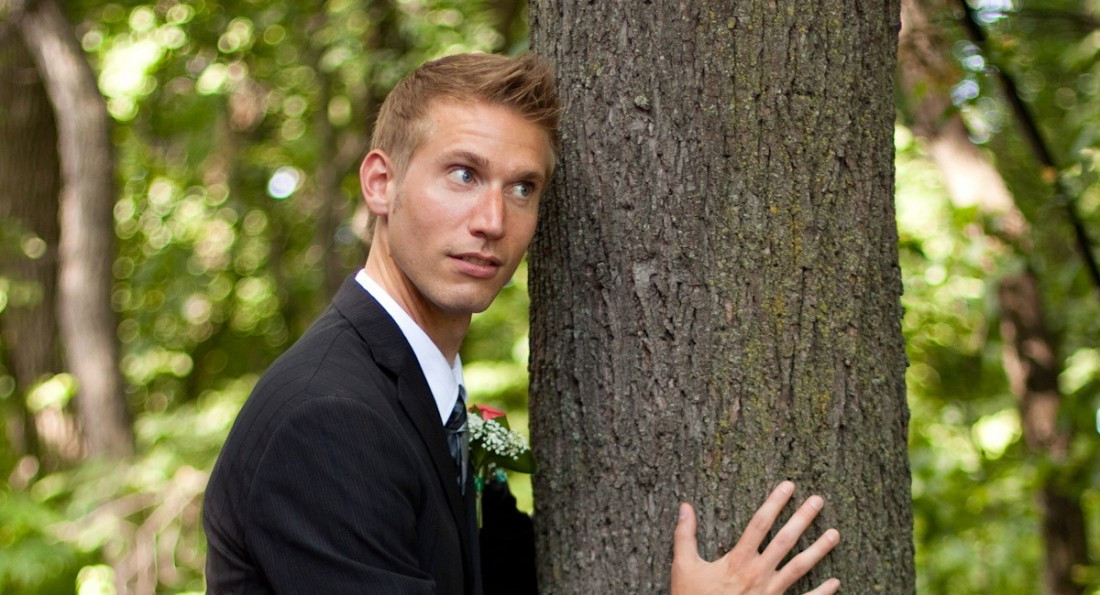Mennowrite
Winkler-raised writer Nathan Dueck explores southern Manitoba Mennonite culture in his new book
Mennonites began to arrive in southern Manitoba in 1873. With an enforced distinction from what they perceived as the corrupt world, Mennonite culture historically eschewed various artistic pursuits, but in the last half century, Mennonite literature has been growing.
Nathan Dueck’s new book, he’ll, is about southern Manitoba Mennonites and consists of many kinds of poetry, traditional lyrics, prose, essays, letters and closes with a one-act play.
It’s the third book for the Winkler-raised writer, a sessional instructor at St. Mary’s University College in Calgary. His previous works are King’s(mère), a book of poetry published in 2004 by Turnstone Press and a chapbook called @BillMurray in Purgatorio, published last year by above/ground press.
According to Martin Kuester’s essay “A Complicated Kindness: The Contribution of Mennonite Authors to Canadian Literature” - “Commonly held Mennonite values are endangered, values that in the past held scattered groups of communities together. In the case of the Mennonites, I believe, however, that new identities – whether resulting from language or narrative traditions – will, perhaps, counteract the disintegration.”
Dueck, 34, agrees with Kuester.
“So, for generations, Mennonites living in North America isolated themselves from the ‘world’ outside,” Dueck says. “In the last 50 years or so, Mennonite writers have allowed readers access into their cloistered culture. I wrote he’ll for a comparable reason, to give imaginative access to a community which operated through separation.”
Dueck began working on poems included in he’ll as part of his PhD dissertation. At the suggestion of his advisor, Aritha van Herk, he adapted them into a book.
He submitted the book’s manuscript to Beth Follet at Pedlar Press, who accepted it and will publish it sometime this year.
Dueck says he’s never attended a Mennonite church, wasn’t baptized as a Mennonite, doesn’t use the term “ethnic Mennonite” and doesn’t speak Low German.
“That said, I describe myself as Mennonite, but I feel self-conscious about that description,” Dueck says. “I also don’t feel like an ex-Mennonite, because I don’t want to deny my heritage.
“I’m probably not Mennonite. Yet. I’m practicing to become one.”
This practice involved the tutelage of Dr. Hans Werner at the University of Winnipeg who assisted Dueck with the use of Low German.
Dueck is cautious about stereotyping Mennonite culture, but acknowledges there’s an integral affection for hard work.
“This book took so much effort to write, and I’m kind of hoping it takes some meaningful effort to read,” Dueck says. “That said, I want the book to offer some aesthetic pleasure as the payoff for that labour.”
Published in Volume 68, Number 22 of The Uniter (March 5, 2014)







